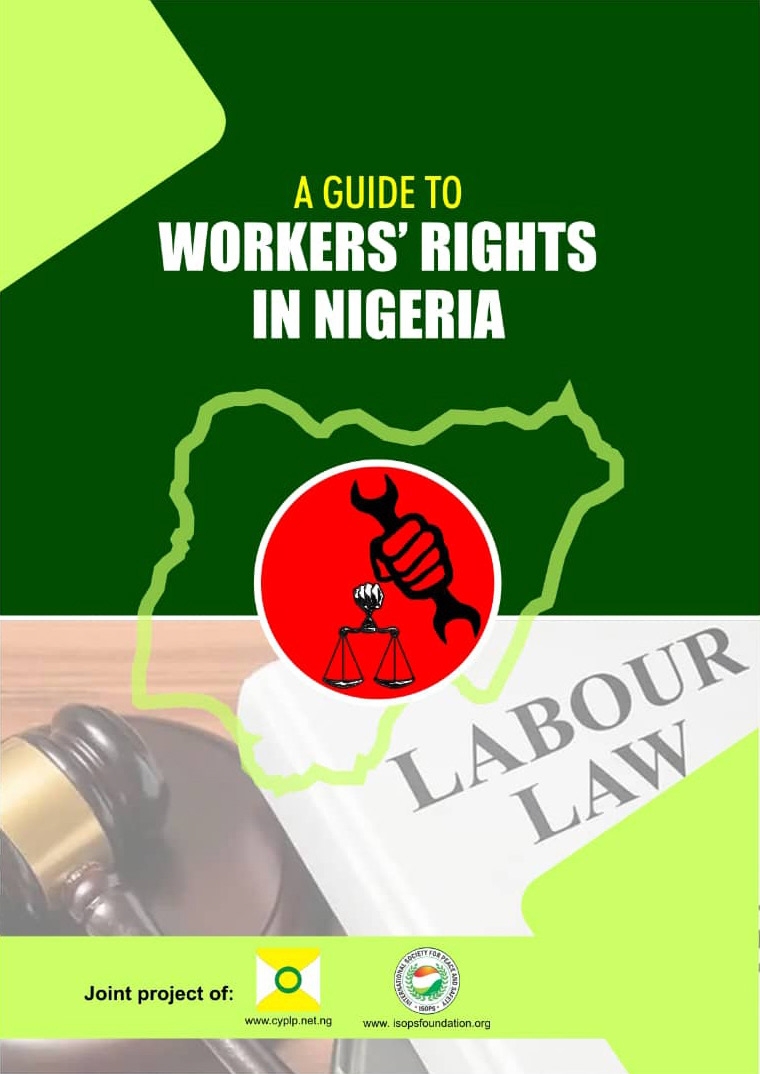Building Infrastructure in Africa
Over the past year, the firm intensified its efforts to engage in transactional pro bono work that addresses issues of broad social and environmental concern. We convened regular meetings of lawyers from across the firm’s practice areas and offices who seek to apply their legal skills to help nonprofits and social enterprises build a fairer and more sustainable world.
Many of these efforts supported innovators in Africa who leverage technology to solve seemingly intractable challenges. Attorneys in the firm’s Africa Practice spearheaded this work by representing nonprofits and social enterprises that advance food and water security, a healthy environment, education access, and workers’ rights.
Please click on a tab below to learn more about the firm’s work in these areas.
- Food Security
- Safe Drinking Water
- Access to Education
- Global Health
- Environment
- Workers’ Rights
Food Security
Got Produce Global Brands is a public benefit corporation based in California and Namibia that specializes in sustainable local food production using hydroponic growing technology. The company reduces the carbon footprint of food and allows farmers to grow affordable fruits and vegetables locally, offering consumers a superior alternative to expensive and unsustainable imported produce. The company sells its technology to multinational corporations that can pay for it and works with the U.N. and community leaders to deliver the same technology to local farmers who could not otherwise afford it.
The company’s promising food production model has attracted the attention of the philanthropic sector. We are working with Got Produce to create a tax-exempt nonprofit to receive philanthropic donations that the organization can use to scale up the charitable arm of its operations. We assisted Got Produce with receiving a significant donation through a mission-aligned nonprofit to help the San community (an Indigenous community in Namibia that is food insecure) and other undernourished Namibian populations successfully adopt hydroponic technology to improve access to fresh produce and enhance nutrition. Got Produce projects that the project will improve food security, nutrition, and access to decent work for 750,000 Namibians.
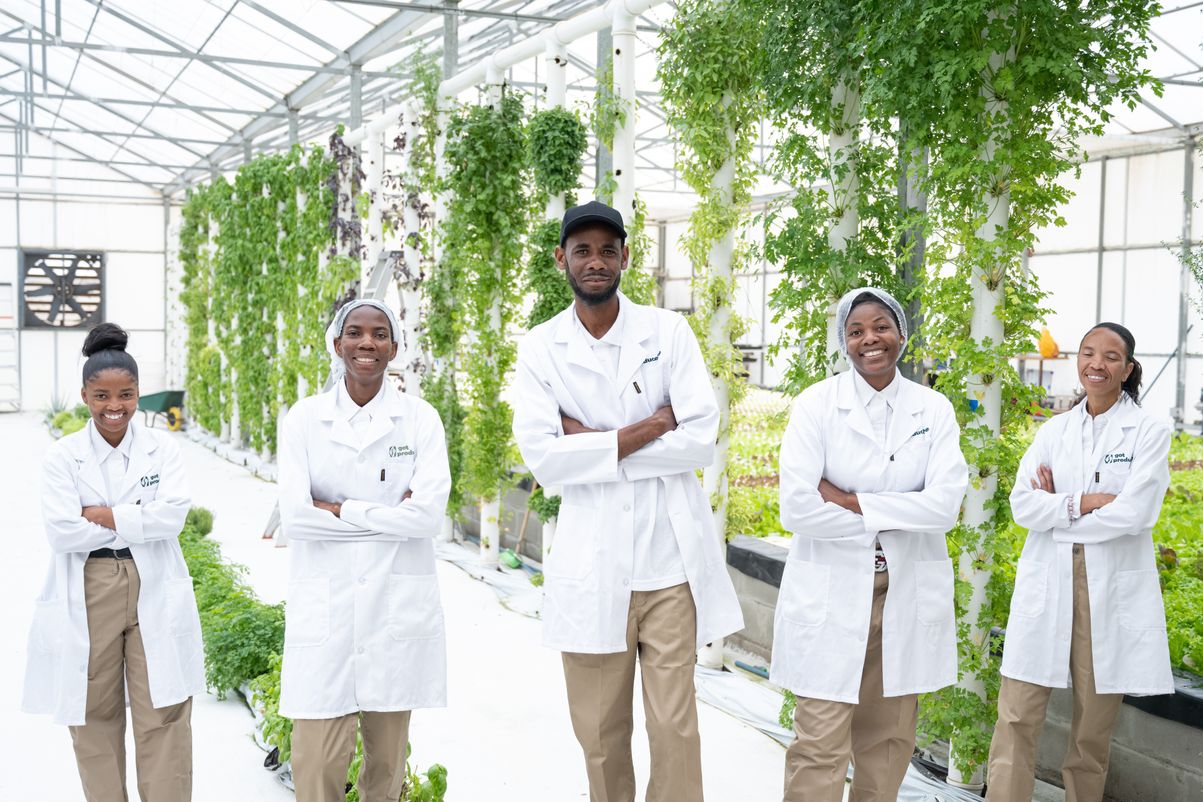
Safe Drinking Water
Jibu is a social enterprise headquartered in Kigali, Rwanda, that capitalizes and equips African entrepreneurs to launch and grow franchises that sell safe drinking water and other necessities at affordable prices. The company operates in emerging African markets, including Burundi, Democratic Republic of the Congo, Ghana, Kenya, Rwanda, Tanzania, Uganda, and Zambia. Jibu prioritizes community impact by stimulating responsible economic growth and community independence. It measures impact by tracking the quantity and quality of safe water sold, the number of jobs created, the number of women and youth launched as entrepreneurs, the amount of carbon dioxide emissions avoided, and the number of new businesses launched. Lawyers from our Emerging Companies & Venture Capital and Debt Finance Groups assisted Jibu with structuring a debt investment in the company to support the expansion of its activities.
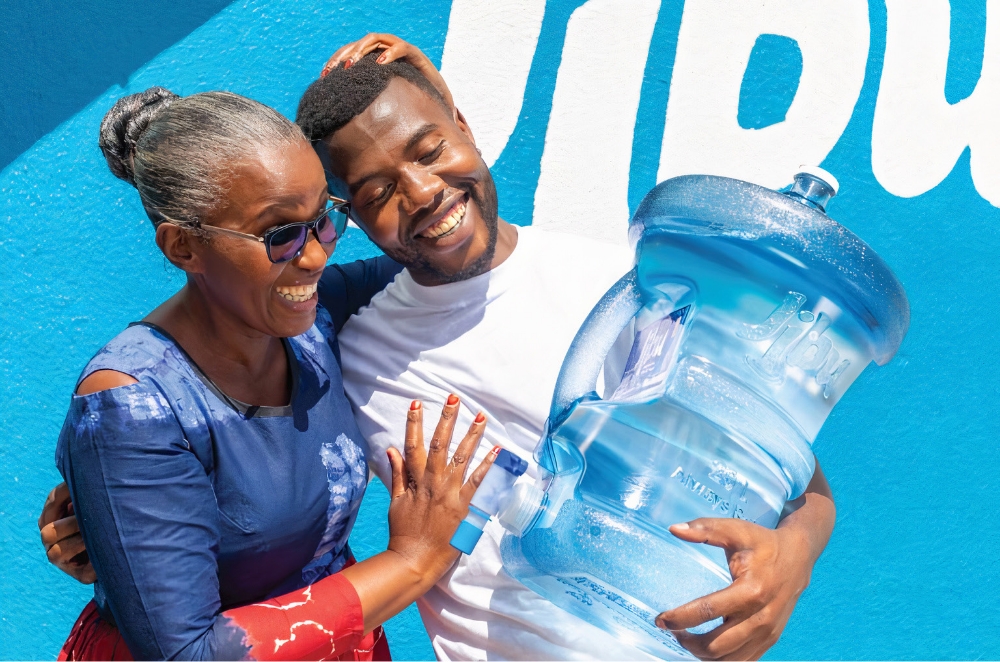
Access to Education
BloomBox Design Labs is a public benefit corporation that brings solar-powered computer labs constructed from upcycled shipping containers, known as BloomBoxes, to areas that lack electricity and internet connectivity. The company’s mission is to make high-quality education accessible to all students through powerful and sustainable design, with a particular focus on girls who lack access to science, technology, engineering, art, and mathematics (STEAM) education. We assisted the company’s founder-Stanford engineering, architecture, and design student Sofie Roux- with forming the company and protecting its intellectual property. BloomBox Design Labs has deployed BloomBoxes in Malawi, including at the Dzaleka Refugee Camp. The company is working closely with the Malawi Ministry of Education and other international partners to launch BloomBoxes across Malawi and beyond.
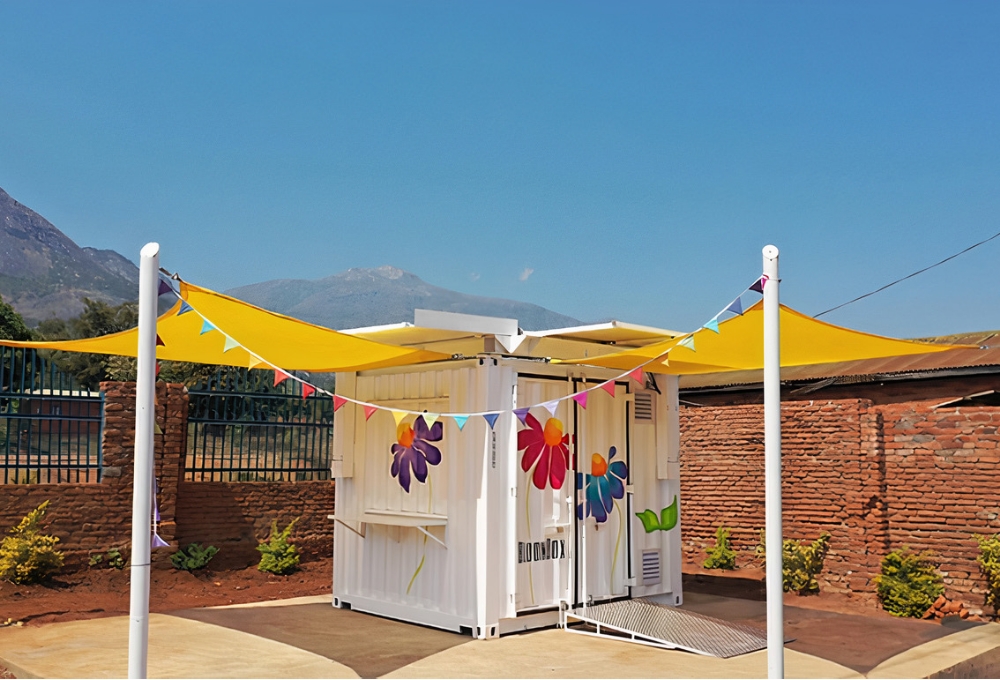
Studio Samuel Foundation is a nonprofit that supports girls’ education in Ethiopia. Its mission is to create pathways for girls to reach their potential through “Training for Tomorrow,” the organization’s licensed two-year life-skills program for girls ages 12–18. Studio Samuel also runs a vocational college for women ages 18–24 and a microlending program for women over 24. We counseled Studio Samuel on nonprofit governance issues and the structuring of various business activities related to its economic empowerment mission.
We are also assisting the founders of Umlambo Foundation USA and Bright Insights Global Labs for Good with forming tax-exempt charities to support the delivery of high-quality education to underserved youth in South Africa and other countries.
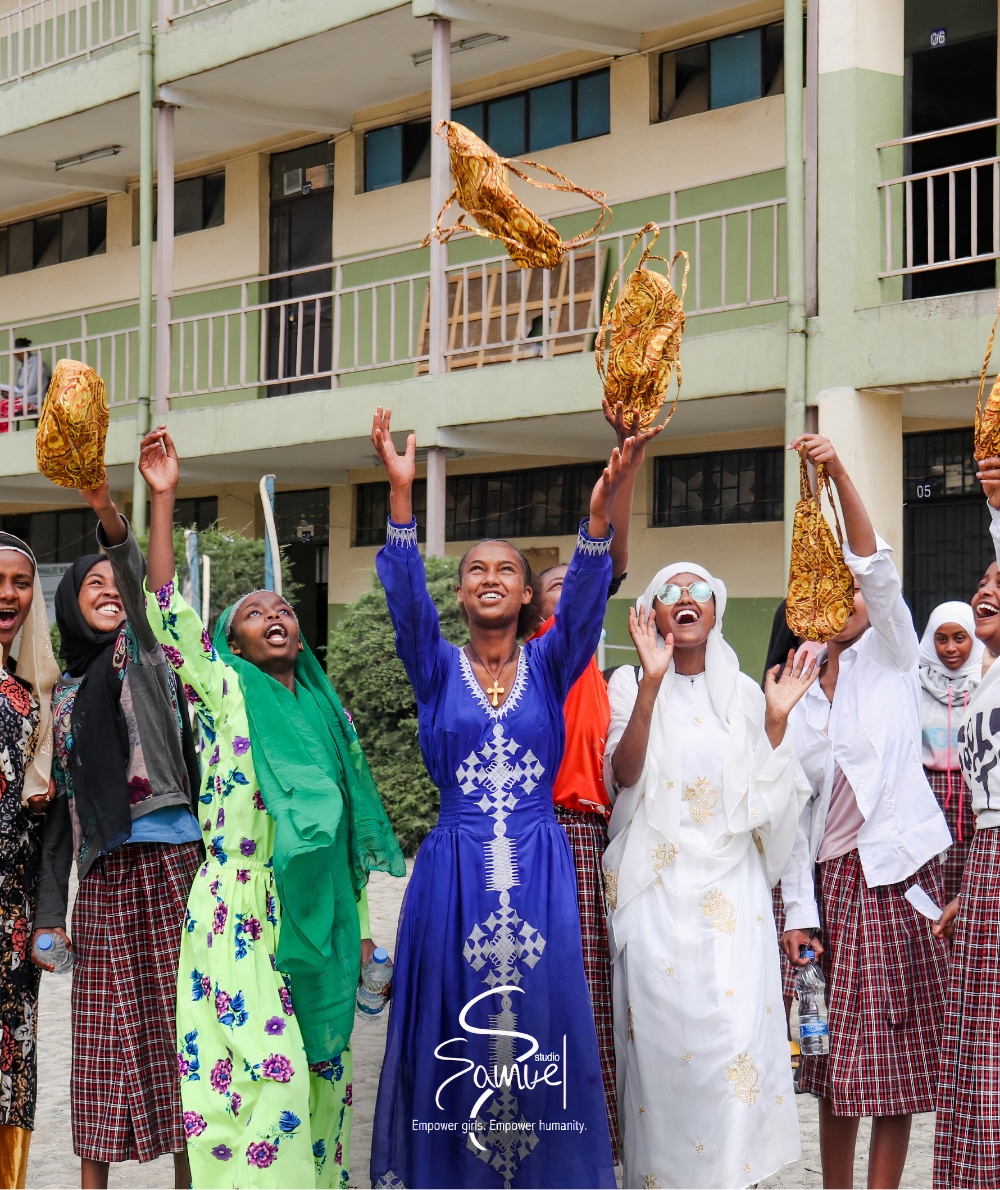
Global Health
Lead Exposure Elimination Project (LEEP) is a nonprofit whose purpose is to eliminate childhood lead poisoning. Lead poisoning is largely concentrated in low- and middle-income countries and affects one in three children worldwide. A major cause of exposure is lead paint, which is still used in homes, schools, and public spaces in more than 70 countries that do not have leadpaint laws or regulations. Lawyers in our Commercial Contracts, Global Trade & National Security, and Tax Groups assisted LEEP with making a grant to a Nigerian nonprofit for the purpose of offering technical assistance to help paint manufacturers eliminate lead from paint. The grantee will also support the adoption of regulations banning the manufacture of lead paint. The legal team helped LEEP develop a grant template and provided counsel regarding U.S. regulatory compliance. LEEP thanked its legal team with these words: “Just to provide some context for our excitement and the potential impact: there are an estimated 43 million children in Nigeria with lead poisoning, and if [LEEP] is successful in its aims, millions of children could be protected going forward.”
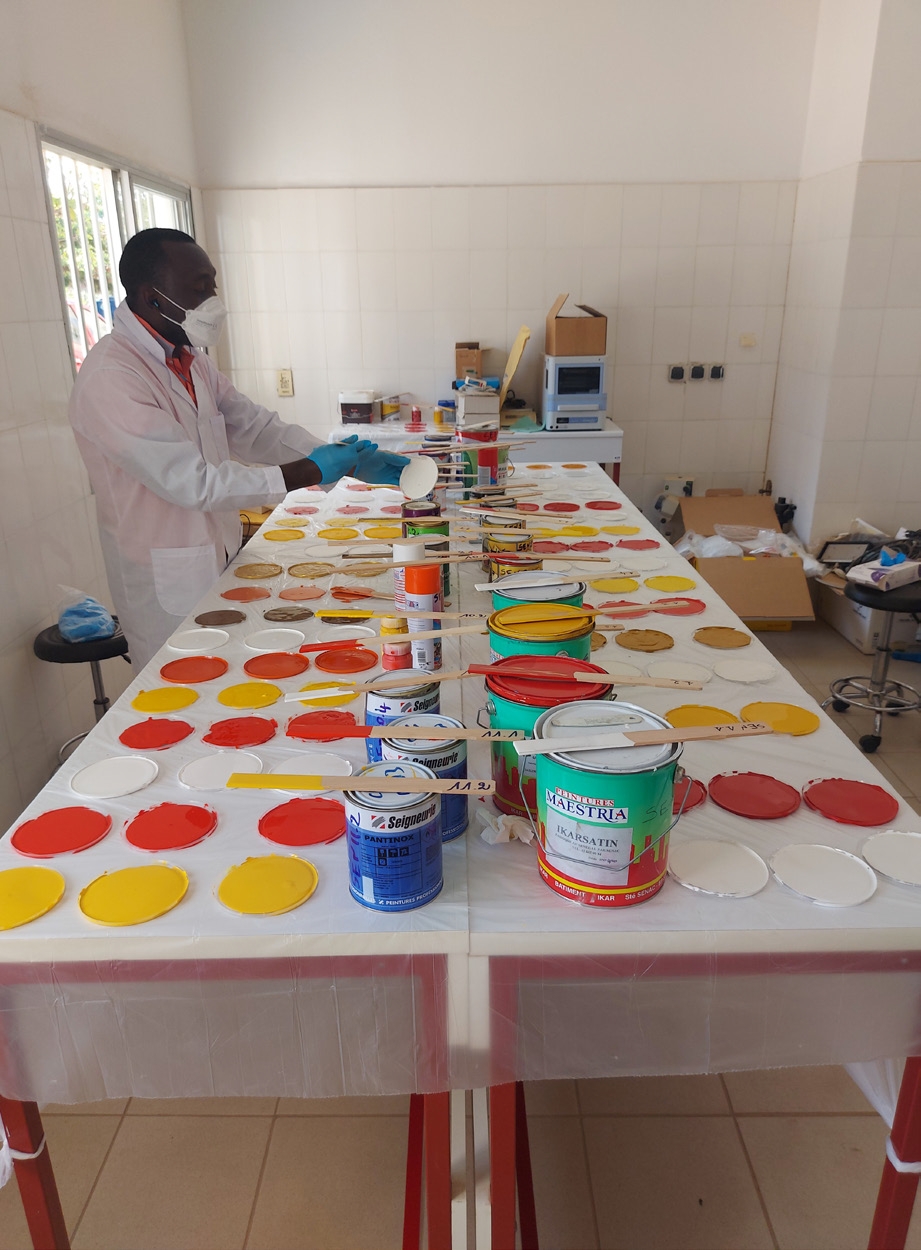
Environment
ZED Motors (ZED stands for “Zero Emission Design”) is an impact-driven electric vehicle and technologies company operating in West Africa that is revolutionizing the way people and goods move in Africa. According to ZED Motors’ website, Africa’s fast-growing urban regions have underdeveloped and inefficient road and public transport infrastructure. Faced with unreliable and expensive transportation options, many Africans have turned to affordable, gas-powered motorcycles, which have negative environmental impacts. ZED Motors seeks to eliminate transportation-related greenhouse gas emissions in Africa by bringing an affordable and sustainable alternative to the market. The company sells electric two- and three-wheeler motorcycles and offers Battery-as-a-Service, allowing subscribers to charge their batteries at convenient stations or swap them for fully charged batteries, leaving the depleted batteries on chargers for use by others. “ZED Battery” is a proprietary solar-powered smart lithium-ion power bank that can be used to power both ZED motorcycles and household appliances. Lawyers in our Emerging Companies & Venture Capital and Patent Groups are assisting the company with its governance, contract, and patent needs, which will support the growth of its operations.
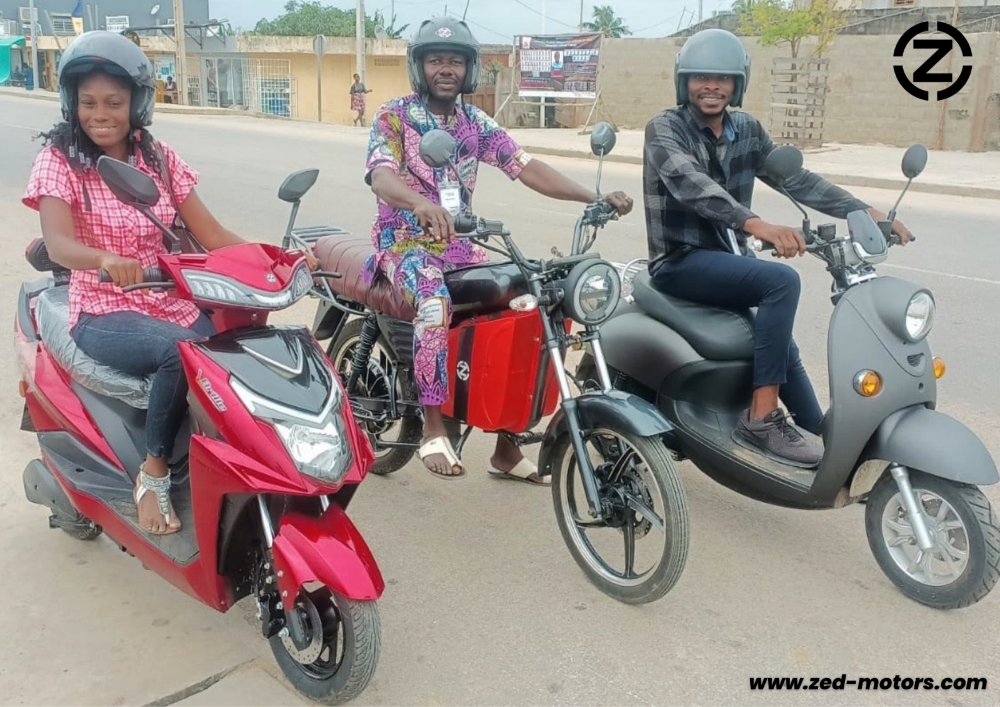
Workers’ Rights
At the request of Nigerian nonprofits Children and Young People Living for Peace and International Society for Peace and Safety, the firm prepared a guidebook on Nigerian labor rights and an accompanying plain language know-your-rights pamphlet. The comprehensive guidebook discusses the legal framework governing labor rights in Nigeria, including national, regional, and international laws; the specific rights that apply to different categories of workers; and enforcement mechanisms available under national, regional, and international laws. The nonprofits will use the research and pamphlet to educate laborers about their rights and legal remedies. The research responds to the growing trend among employers of mis-designating workers as casual or temporary employees to avoid paying them minimum wage and providing benefits and other protections. Most workers are not aware of their rights and lack resources to access courts to avail themselves of legal remedies. The nonprofits plan to work with pro bono attorneys in Nigeria to apply the research to support workers who wish to bring claims before national, regional, and international labor and human rights enforcement bodies.
